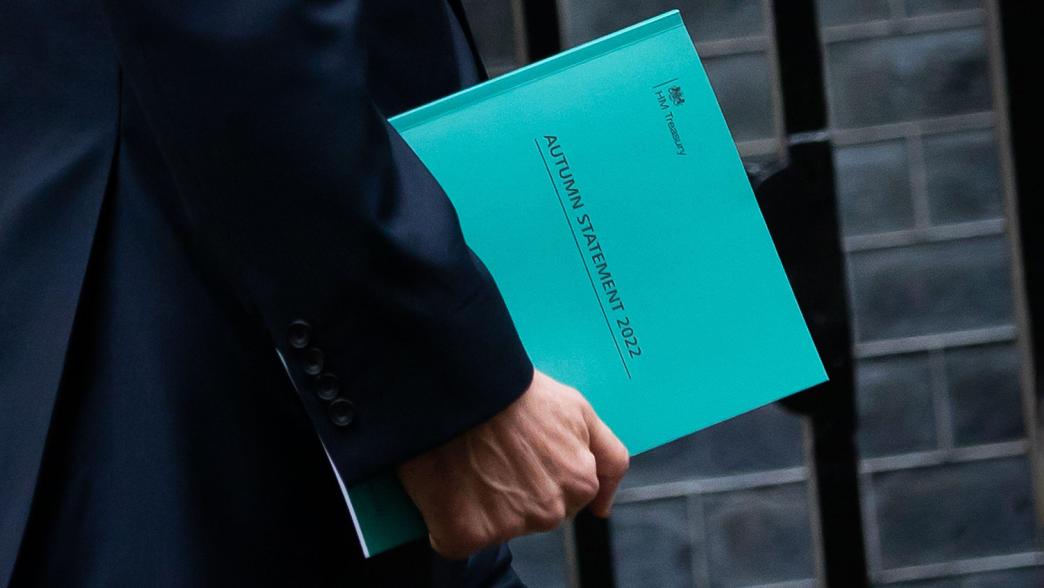What does the autumn statement mean for public services?
The autumn statement's impact on public services may be politically unsustainable.

Jeremy Hunt’s spending settlement is likely to leave most public services performing worse in 2025 than on the eve of the pandemic – when performance levels were already much worse than in 2010.
This report, published with CIPFA, sets out the impact of Hunt’s plans on four service areas: the NHS, schools, the criminal justice system and local government. It warns that while frontloading funding in protected areas shields them from the damaging ‘austerity 2.0’ feared, this is still unlikely to enable key services like the NHS to return performance to pre-pandemic levels this parliament. And, unless historic pay cuts are addressed, it may not be enough to improve recruitment and retention or avert widespread strikes.
Services not protected in the statement now face day-to-day spending cuts of 1.2% per year on average over the next two years. Criminal justice services did not receive any additional funding in the autumn statement but spending across the next two years is due to increase by 0.9%. However, demand is likely to outstrip spending by a sizeable margin.
The paper warns the picture for 2025/26 is even tougher and may be politically unsustainable for the next government, whoever it is. The statement limits average annual spending growth from 2025/26 to just 1% across day to day spending for all public services, and reductions of 0.7% in unprotected ones like police, criminal courts and prisons.
If this spending was announced at a spending review in 2025, it would be less generous than every spending review announcement since 2002 except 2010 and 2015. And 2015 proved undeliverable, with the government finding it necessary to provide emergency funding to social care, the NHS and criminal justice in response to poor performance.
The paper finds that:
- Prisons and courts are in a particularly dire state, with the autumn statement’s spending decisions meaning little prospect of making meaningful reductions to the post-pandemic crown court backlog or of safely housing the expected increase in prisoner numbers
- Funding for the NHS is unlikely to be sufficient to return performance to pre-pandemic levels, especially in hospitals where elective backlogs are likely to remain far above where they were in 2019.
- It is also very unlikely that the NHS will be able to resolve its recruitment and retention problems with the funding allocated in the autumn statement.
- The funding provided for schools is unlikely to make up for learning lost during the pandemic, with impact of pay awards and inflation meaning some schools may reduce the amount of tutoring they make available to their pupils.
- Additional funding for adult social care will not be enough to return the service to pre-pandemic performance levels, to put the provider market on a sustainable long-term footing or to resolve the severe workforce problems facing the sector
- Topic
- Public services
- Keywords
- Health NHS Social care Local government Criminal justice Schools Education Budget Public sector Public spending
- Position
- Chancellor of the exchequer
- Department
- HM Treasury Department of Health and Social Care Ministry of Justice Department for Education
- Public figures
- Jeremy Hunt
- Publisher
- Institute for Government